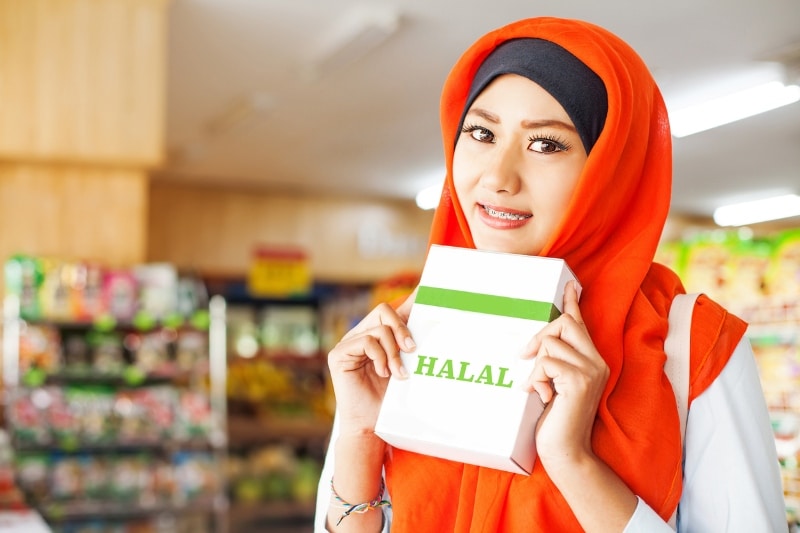In May 2019, Indonesia launched the 2019-2024 Sharia Economy Masterplan, as part of the country’s national economic development initiative. The government has underlined four main strategic recommendations to develop the sharia economy in the country, namely, strengthening halal products, sharia finance, support for micro, small and medium enterprises (MSMEs), and accelerating the digital economy (e-commerce, marketplaces and financial technology). Indonesia already has a Sharia Finance Architecture Masterplan (MAKSI) in place, but the Sharia Economy Masterplan will improve upon it.
Besides unveiling Sharia Economy, Indonesia is also expecting to establish a Halal district in 2 years. The government has a pilot project of a Halal District on Jalan Pintu Satu Senayan.
Currently, Indonesia has the largest Muslim population in the world. Indonesia is making halal labeling compulsory for consumer products and services. It will require all goods and services, pertaining to food, beverage, drugs, cosmetics, chemical, biological and genetically engineered products and consumer goods to be certified. The deadline for implementation is October this year. The labelling requirement will be implemented over time and will take three to five years before most food and beverage products are covered. It will take longer for health products, with estimation of five to seven years. It is estimated this new regulation will net the government around USD 1.6 billion in annual revenue. The country’s Sharia economy is set to grow to USD 427 billion by 2022, with food contributing around 50%, according to estimates from Bank Indonesia.
(Sources: The Jakarta Post; Tempo)
